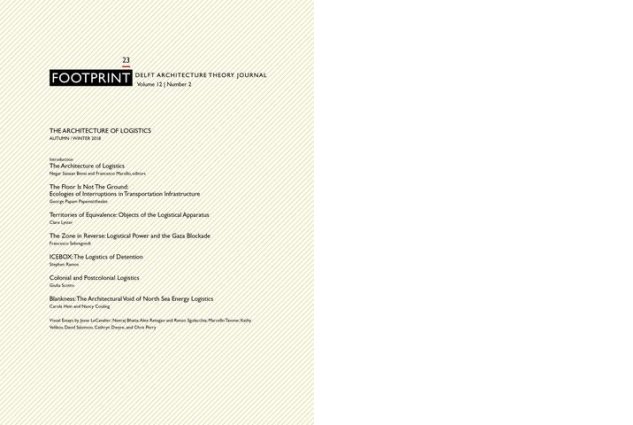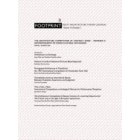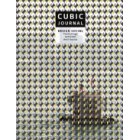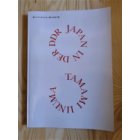Footprint 23
Neoliberalism is a many-headed monster. It can hold different drives without altering its internal coherence. It grows through crisis and instability. Within its flexible order, drastically opposite forces are able to coexist and mutually stimulate each other: globalisation expands at the same pace as nationalist and populist movements; the circulation of people increases alongside the intensification of migratory policies; shared economies and collaborative consumption develop apace with the multiplication of copyrights and patents; common knowledge and resources proliferate as does the parasitism of private entrepreneurship.
Integrating differences within a homeostatic system of economic competition, the monster of neoliberalism turns whatever it devours into commensurable and exchangeable quantities. Any equivalence becomes possible. Any juxtaposition becomes profitable. Any connection becomes valuable. However, the further this dismembered body enlarges, while assimilating new forces and exchanges, the more it needs to improve its nervous and circulatory system to stay alive: boats, containers, trucks, warehouses, department stores, harbours, train yards, airports, cargo terminals, communication centres, satellite stations, and all the material conditions that improve flux and trade while ensuring the integrity of commodities across its distant limbs.
This issue of Footprint meditates on logistics and its architecture of exchange as the essential lymph of neoliberalism. Registering and managing the circulation of people, goods and information across the planet, the architecture of logistics could be considered the litmus paper from which one could read and understand territories, populations and societal assemblages. Using textual and visual materials, our ambition is to unfold the multivalences of the logistical apparatus, dissecting its buildings and spaces, its technologies and labour relations, its historical evolutions as well as its future projections.



































